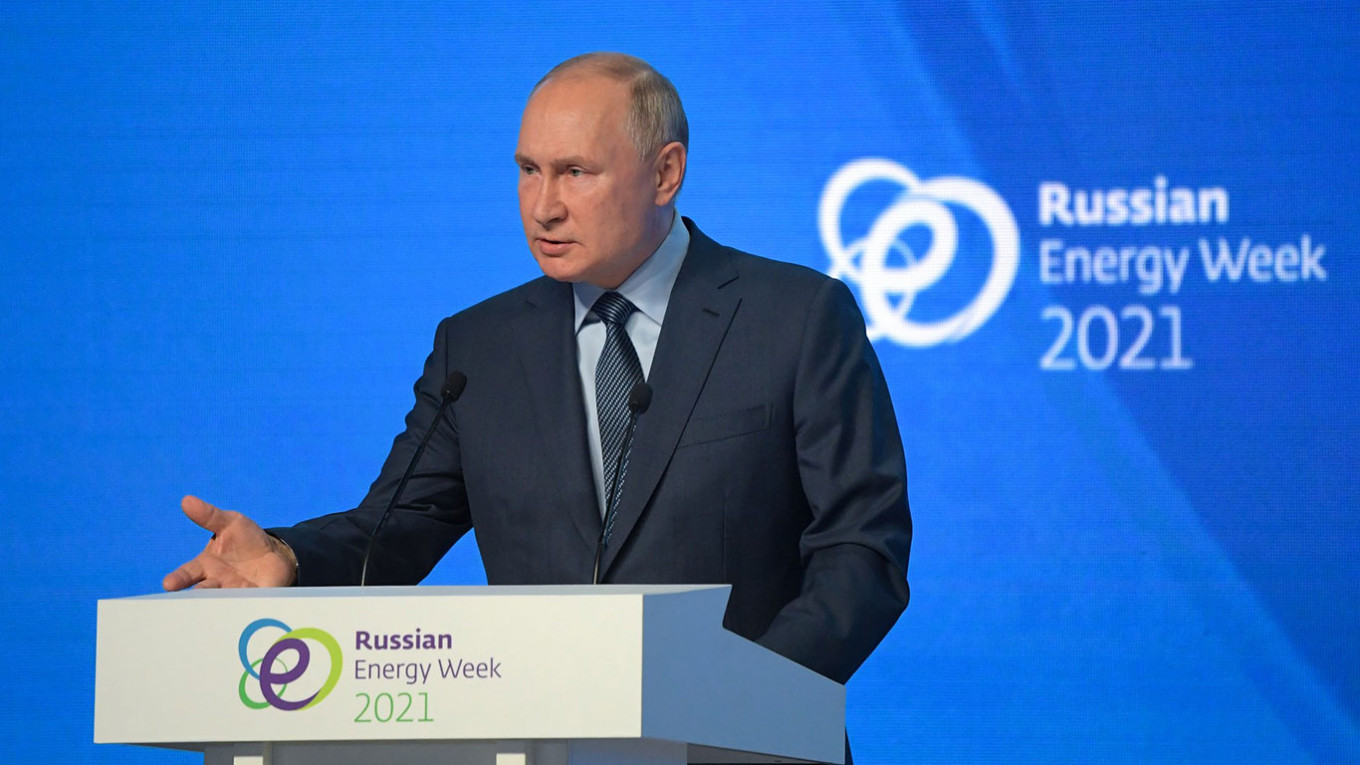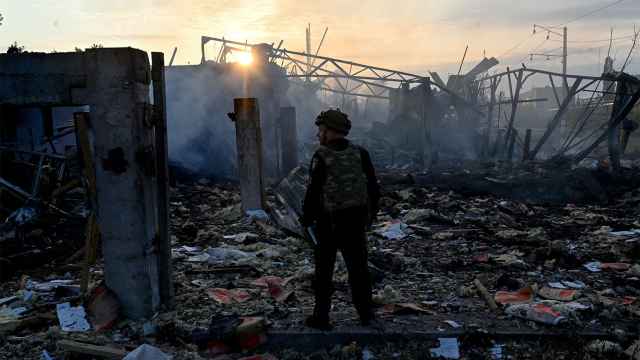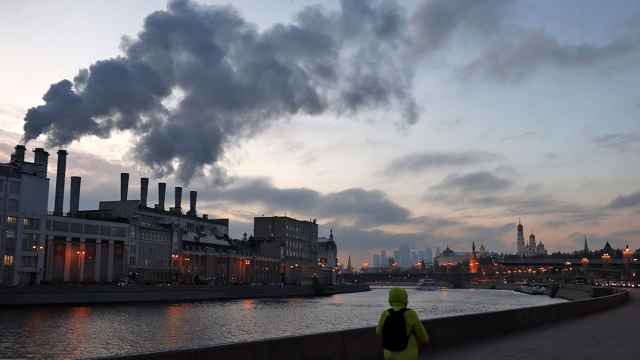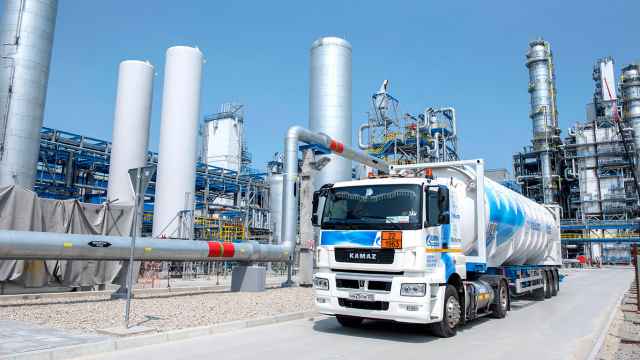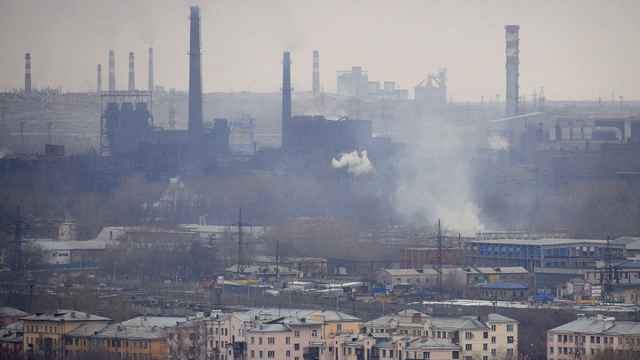President Vladimir Putin said Wednesday that Russia — one of the world's biggest producers of oil and gas — is aiming for carbon neutrality by 2060.
"Russia in practice will strive for carbon neutrality of its economy," he said at an energy forum in Moscow.
"And we set a benchmark for this — no later than 2060."
Speaking about the world's future energy market, Putin added: "The role of oil and coal will decrease."
While the Russian president was notorious for years for his skepticism about man-made global warming, he has changed tune in recent months.
The carbon neutrality pledge follows an earlier ambitious step in June, when Putin ordered his government to develop a plan to cut carbon emissions to below the level of the European Union by 2050.
"The planet needs informed, responsible actions by all market participants — both producers and consumers — focused on the long-term, in the interests of the sustainable development of all our countries," Putin said Wednesday.
"Russia is ready for such constructive and close cooperation," he added.
The daily Kommersant newspaper reported earlier this month that the Russian government was preparing a new environmental strategy with stronger measures to reduce greenhouse gas emissions.
"The new targets represent a significant departure from Russia's existing plans, which would have seen emissions increase through 2050 and not drop to net-zero until as late as 80 years from now," said Katie Ross, an expert at the World Resources Institute.
Russia is one of the world's main polluters, she said, and the country's "new long-term plan is consequential for the world's efforts to rapidly cut emissions and avoid the worst consequences of climate change."
On Tuesday, Russian Deputy Prime Minister Alexander Novak said it was impossible to "artificially get rid of traditional sources of energy."
Russia is currently the fourth-highest emitter of carbon, and critics say the county is doing far from enough to tackle the crisis.
According to many scientists, Russia — especially its Siberian and Arctic regions — is among the countries most exposed to climate change.
A Message from The Moscow Times:
Dear readers,
We are facing unprecedented challenges. Russia's Prosecutor General's Office has designated The Moscow Times as an "undesirable" organization, criminalizing our work and putting our staff at risk of prosecution. This follows our earlier unjust labeling as a "foreign agent."
These actions are direct attempts to silence independent journalism in Russia. The authorities claim our work "discredits the decisions of the Russian leadership." We see things differently: we strive to provide accurate, unbiased reporting on Russia.
We, the journalists of The Moscow Times, refuse to be silenced. But to continue our work, we need your help.
Your support, no matter how small, makes a world of difference. If you can, please support us monthly starting from just $2. It's quick to set up, and every contribution makes a significant impact.
By supporting The Moscow Times, you're defending open, independent journalism in the face of repression. Thank you for standing with us.
Remind me later.


